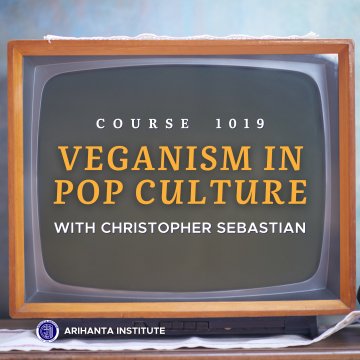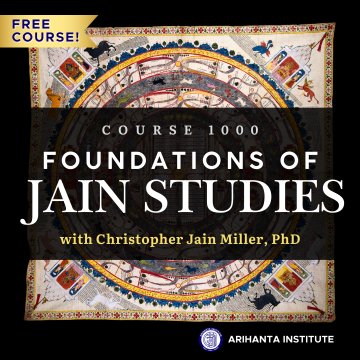14-DAY FREE TRIAL
Subscribe to Arihanta Institute’s Course Membership for unlimited access to our growing library of live and self-paced courses.


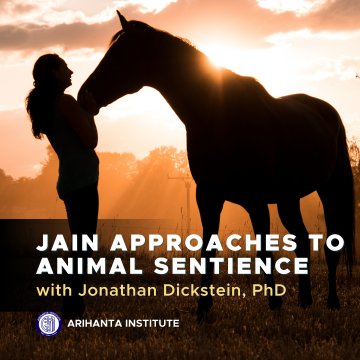
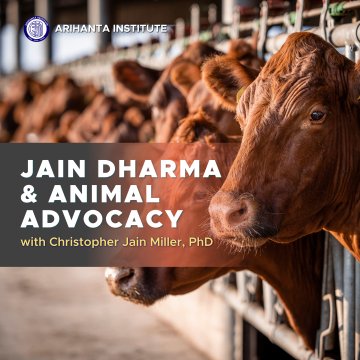
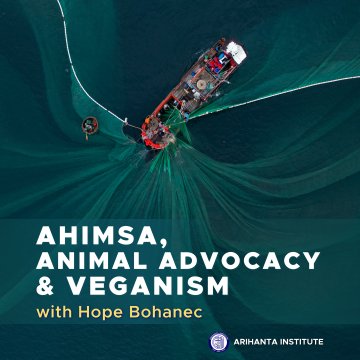
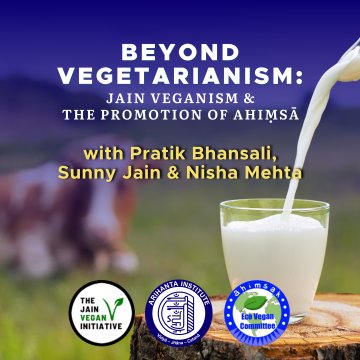
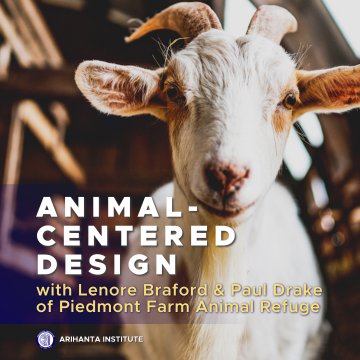

 Fall 2026
Fall 2026 
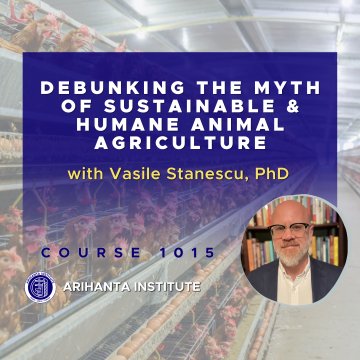
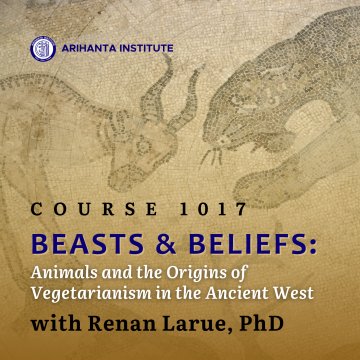
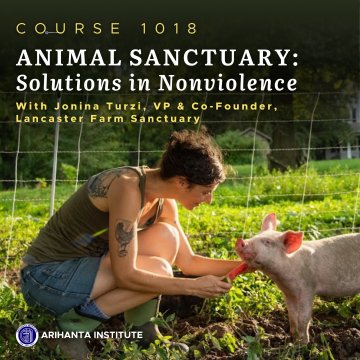
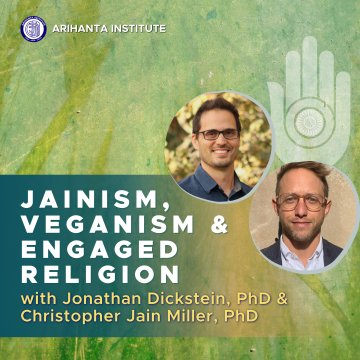

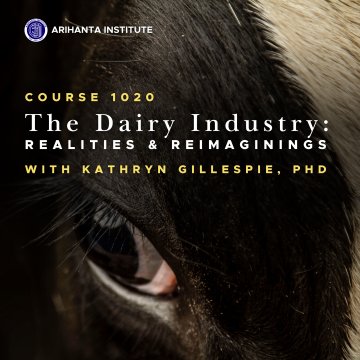

 Course materials available beginning Feb 2, 2026, + 4 hours live Q&A Zoom sessions on Fridays 2/6-2/27, 9-10 a.m. PT.
Course materials available beginning Feb 2, 2026, + 4 hours live Q&A Zoom sessions on Fridays 2/6-2/27, 9-10 a.m. PT.